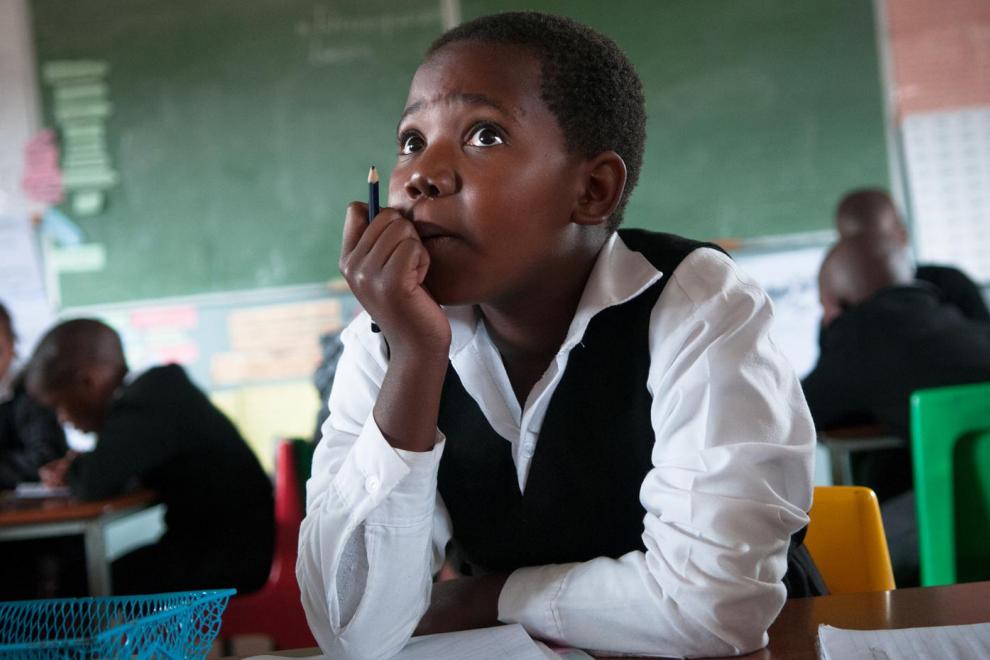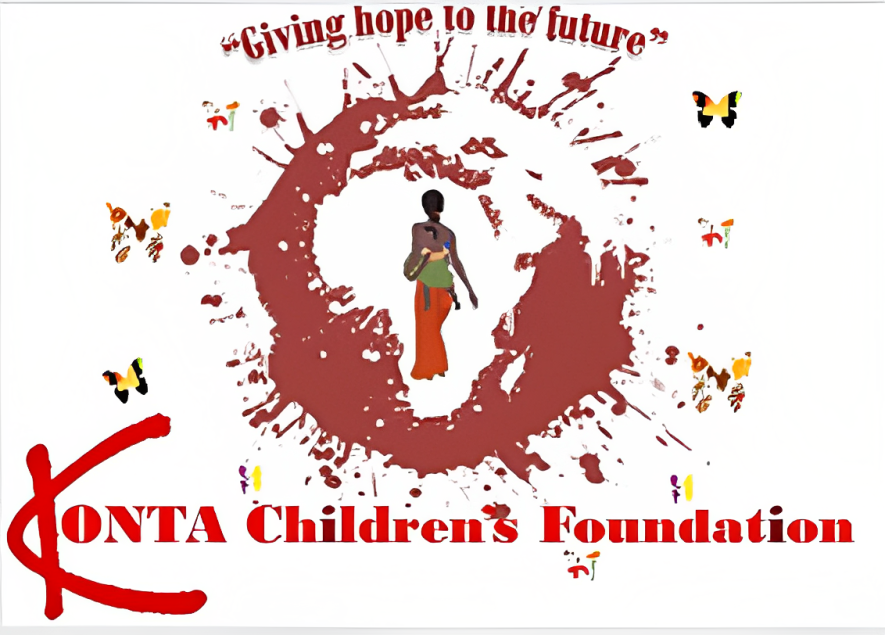Radical transformation of Ghana’s education system: A blueprint for specialization, global competitiveness and global employment
- admin
- December 5, 2023
- 4:01 pm

Ghana has a rich tradition of education dating as far back as the pre-colonial times. In pre-colonial Ghana, the system of education was primarily traditional in nature. It was based on the values of obedience and apprenticeship whereby the elderly taught the young ones to assume roles and responsibilities in the traditional community. Many children accompanied their parents to the marketplaces, farms, and other places of work and learned directly under their instruction. Parents were responsible for ensuring that their children learned essential moral behaviours that accorded with societal standards and acquired practical skills through observation and learning by doing. The norms, taboos, and regulations of individual communities served as the guide for parenting and socialisation. Generally, the central focus of education during this time was on domestic, character, and practical training for the growth and continuity of society, with the home serving as the main and immediate agency responsible for the education of individuals.
The sixteenth century saw the introduction of a Western form of education which began following the arrival of European merchants who established schools as part of the means to advancing their economic interests. Historians observe that the foremost form of school education, which became known as Castle Schools, took place in the forts and castles that were built along the coastal towns by the merchants where their children2as well as children of some Ghanaian chiefs and famous African traders were educated (Amenumey, 2008; Ampadu & Mohammed, 2006). Prominent among the castle schools were those established by the Portuguese in 1529 and the British in 1694 in the Elmina and Cape Coast castles respectively. This form of education was technically oriented and more structured, as it followed a specific curriculum which featured subjects such as reading, writing, arithmetic, and religious education, as well as practical courses such as masonry, carpentry, sewing, and agricultural training. Teachers acquired professional training in these technical subjects (Abosi & Brookman-Amissah, 1992). The castle schools were followed by Mission Schools which were established following the arrival of several missionary groups in Ghana including the Wesleyan, Basel, Bremen, Presbyterian, and Roman Catholic Missions during the 1830s. These schools were located in and around the coastal towns of Cape Coast, Dixcove, Anomabu, Accra and as far inland as Akropong (Gyedu, 2014). According to historians, the missionaries intended to provide schools where children could have access to education and be converted to Christianity in the process (Abosi & Brookman-Amissah, 1992; Amenumey, 2008). The subjects taught were English grammar, catechism, arithmetic, bible studies, and the history and geography of Europe. Unlike the castle schools, the missionary education tended to train a clerical workforce and not many technical hands that could contribute to wide-scale development. The missionary societies spearheaded the provision of Western education in Ghana for much of the period before the twentieth century. However, education provision became an official policy of the British government in Ghana in 1850 and was institutionalised in 1852 following the passage of an Ordinance to regulate the structure and quality of education in Ghana (Abosi & Brookman-Amissah, 1992; Amenumey, 2008).
When Ghana became a British colony in 1874, the colonial administration applied more systematic efforts to regulate education in the country. An Education Ordinance that was passed in 1882 for the entire British West African3 region aligned the system of education in the region to the British setup and provided grants-in-aid to both public and missionary schools based on their efficiency (Antwi, 1992). The twentieth century witnessed the full commitment of the British colonial government to the provision of schools in response to the rising number of children of school-going age (Bening, 1990). Each successive governor implemented policies that sought to improve access to, and quality of education in Ghana. Perhaps, the most comprehensive educational development under the colonial administration occurred during the governorship of Gordon Guggisberg (1919-1927). His Sixteen Principles of education advocated for the provision of universal primary education, quality secondary education, equity in education for boys and girls4, trade schools with a technical and vocational education, and quality university education for men and women. These principles constituted a major educational policy direction for Ghana until the 1960s (Amenumey, 2008; Kimble, 1963; McWilliam & Kwamena-Poh, 1975). Even though critics argue Guggisberg discriminated against African medical officers (Gale, 1973), contributed to increased government expenditure on education (Williams, 1964), and did not operate in the best interest of the people of Ghana by virtue of him being a colonial official governor (Agbodeka, 1972), his contribution to improving the standard of education in Ghana cannot be missed even at present. The educational effort of the colonial government was complemented by the missionary societies who expanded the scope of their initial activities to include secondary education and teacher education. The colonial legacy of education in terms of the provision of schools continued after colonial rule and the gaining of independence in 1957 (Kwarteng, Boadi-Siaw & Dwarko, 2012).
Developments in education continued after the first independent government came into office in 1951. The Kwame Nkrumah-led administration implemented two main objectives for the provision of education in Ghana. First was the extension of education to many parts of the country in order to widen access. Second, there was training and equipment of people with skills needed for administrative and industrial services. To achieve these objectives, the government designed policies such as the Accelerated Development Plan of Education of 1951, and the Education Act of 1961. With necessary modifications, these policies became the blueprint for Ghana’s education for about two decades and produced some positive changes to the system that was inherited from the colonial administration (Kwarteng et al., 2012; Graham, 1971). After the overthrow of Kwame Nkrumah’s government in 1966, several attempts were made by successive civilian and military regimes to improve the education sector. The National Liberation Council (1966-1969), the Progress Party (1969-1972), the National Redemption Council (19721975), the Provisional National Defence Council (1981-1987; 1987-1992), National Democratic Congress (1992-2000; 2009-2016), and the New Patriotic Party (NPP) (2001-2008; 2017-present) have all contributed to educational developments in Ghana.









